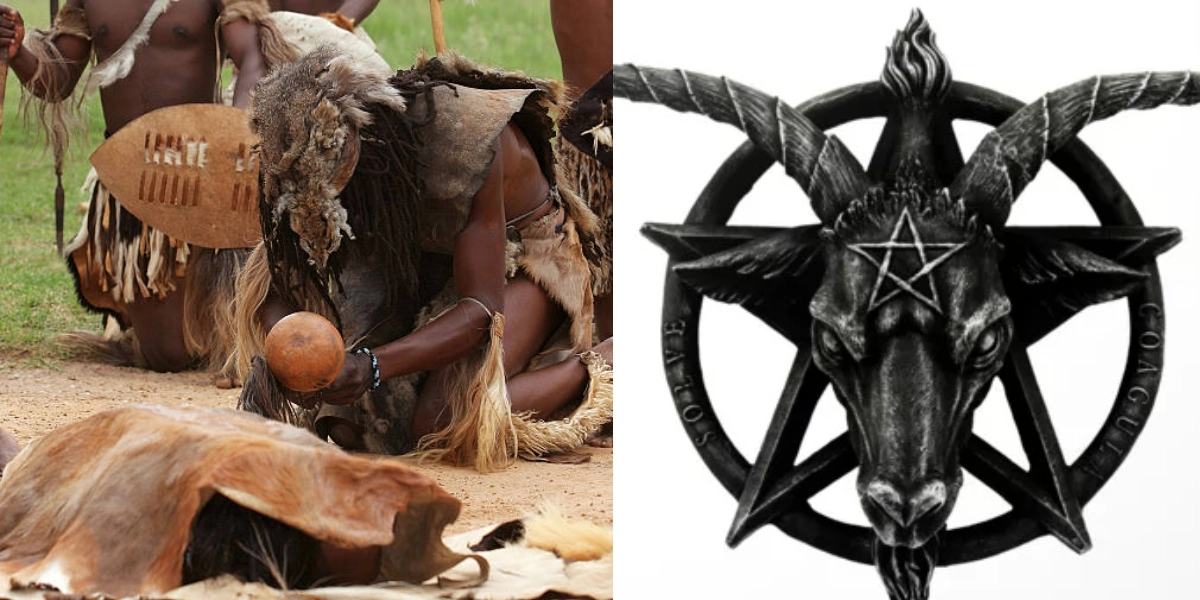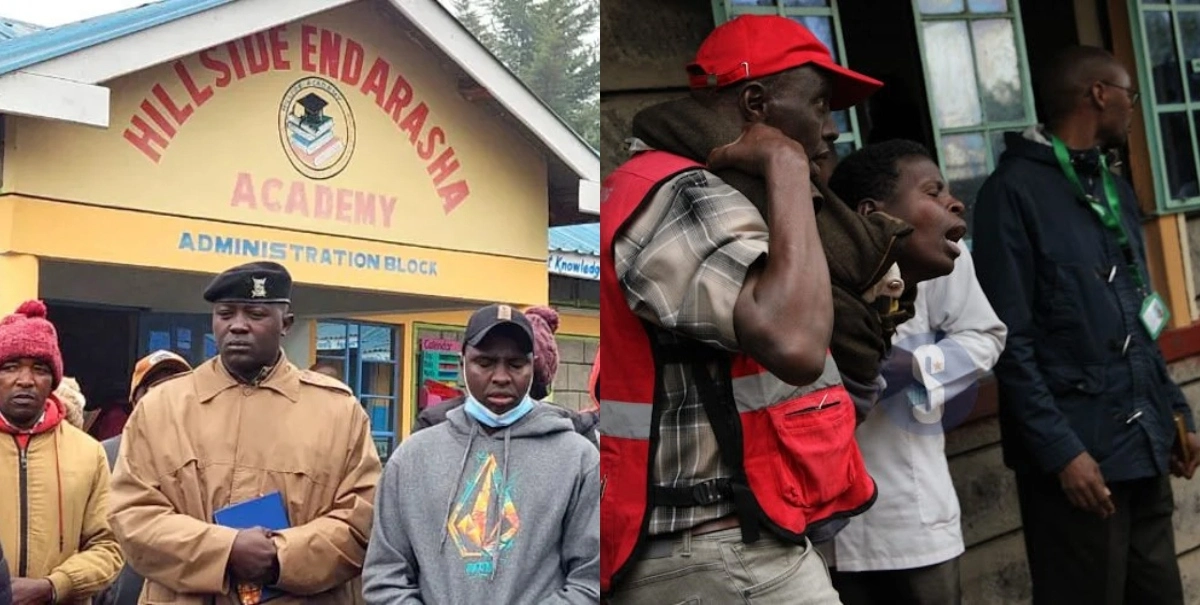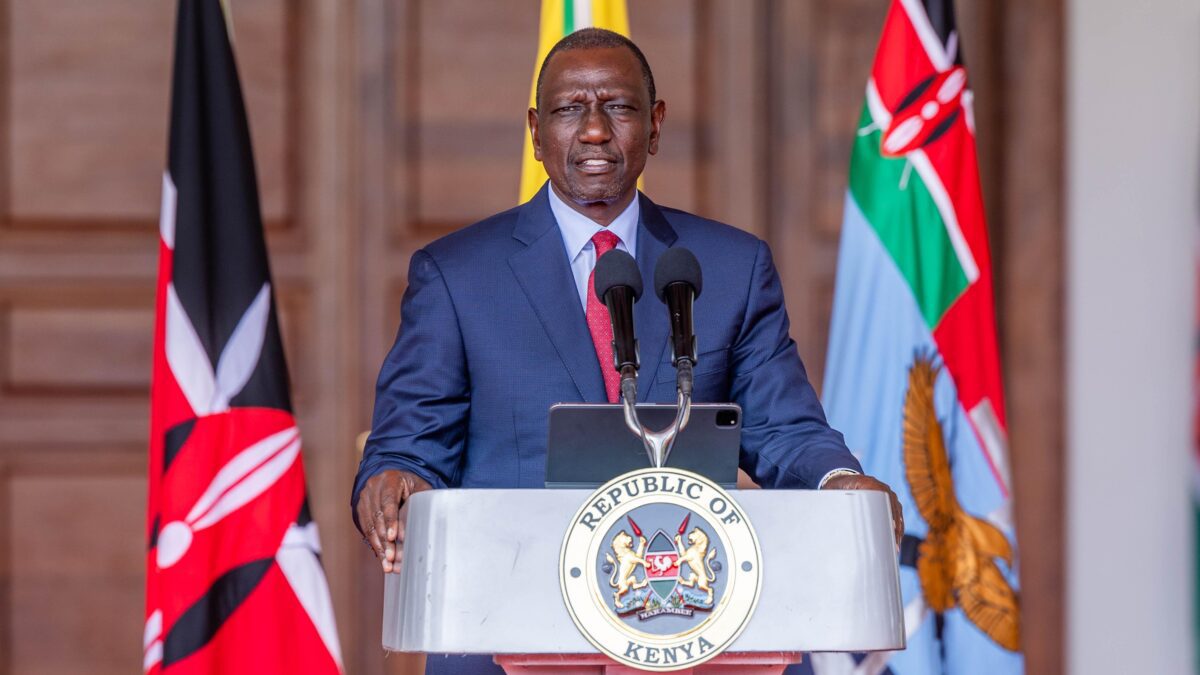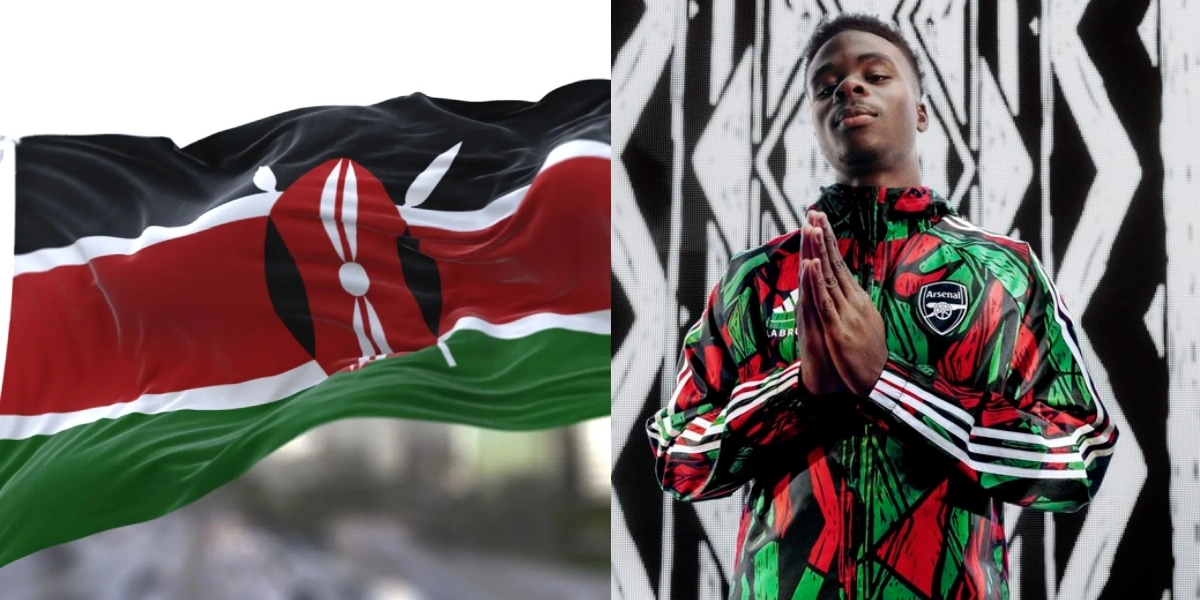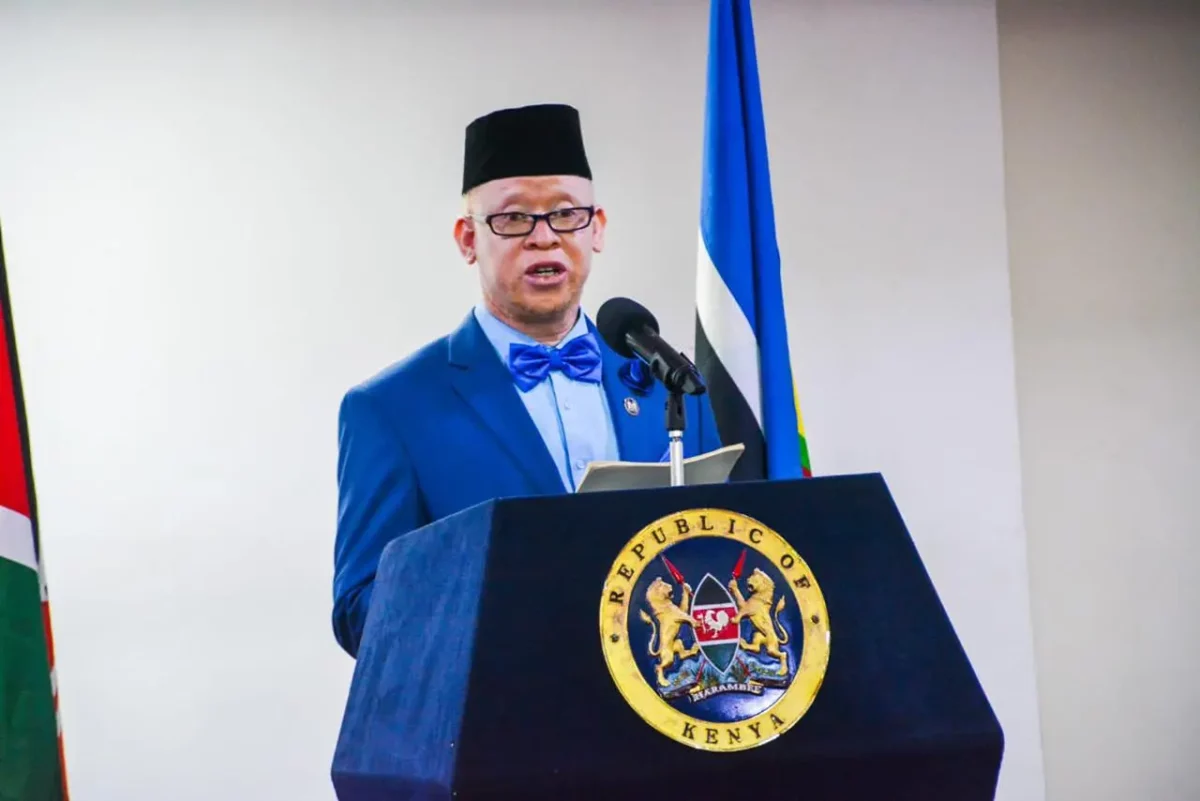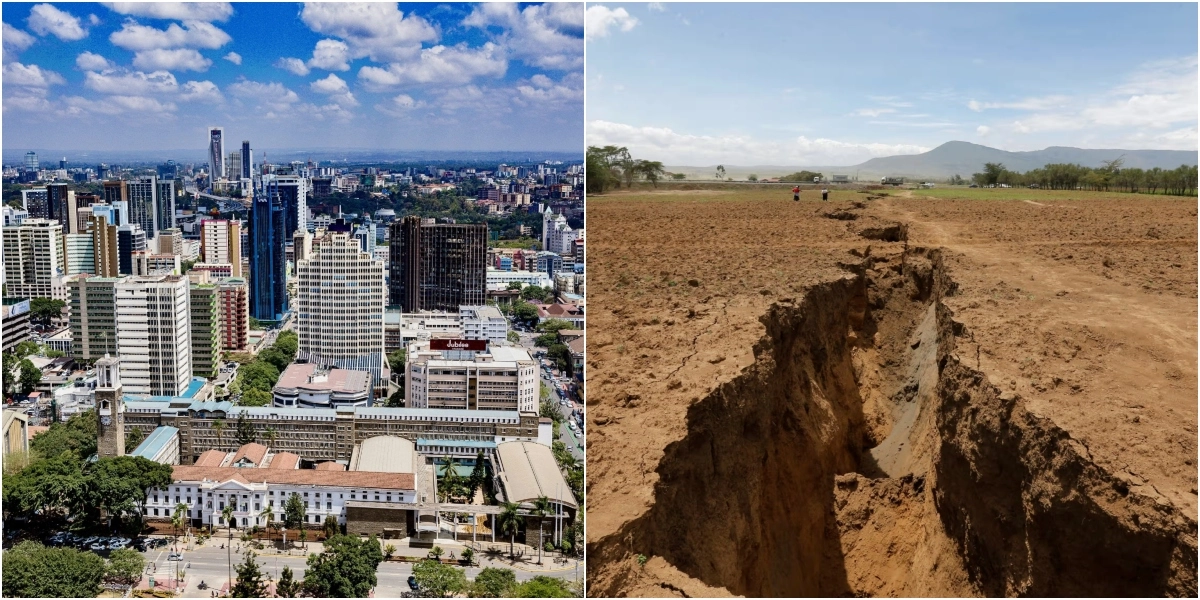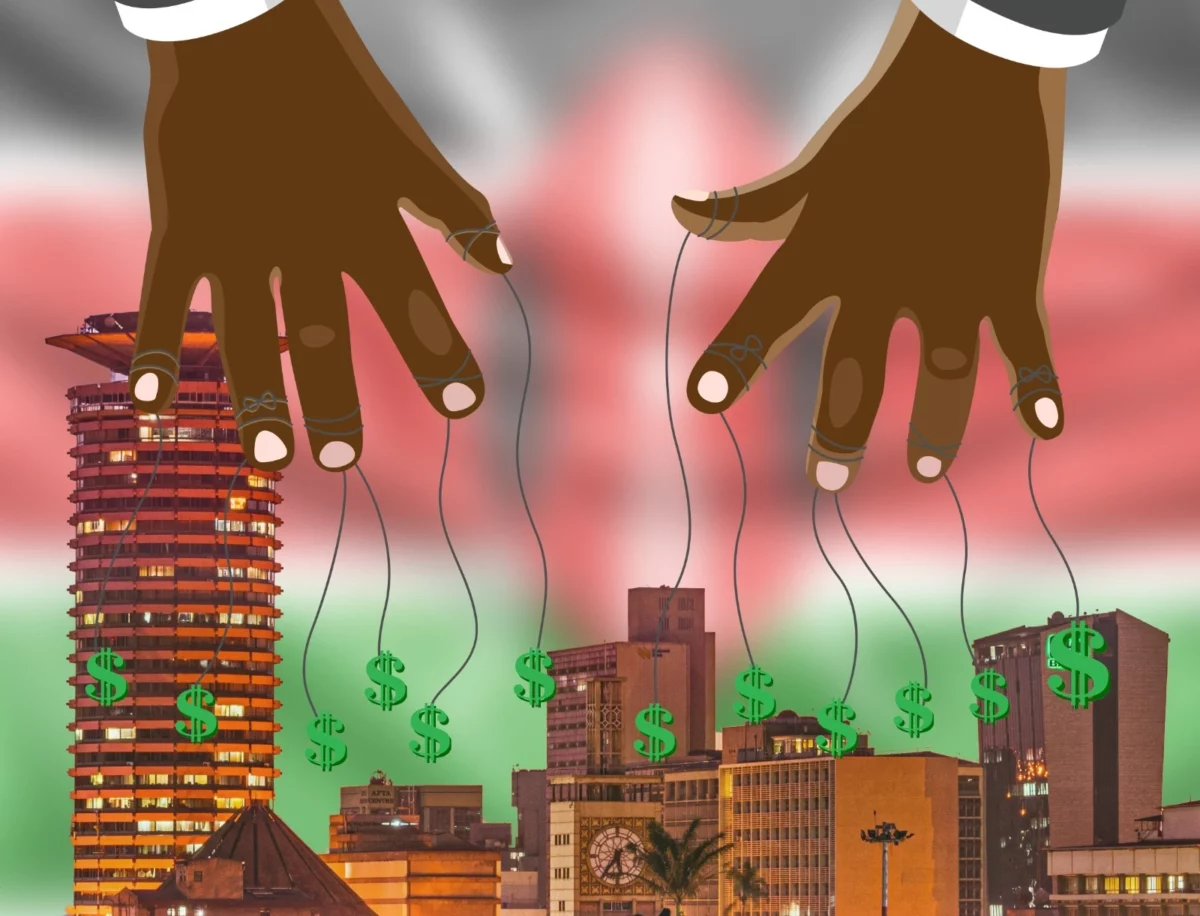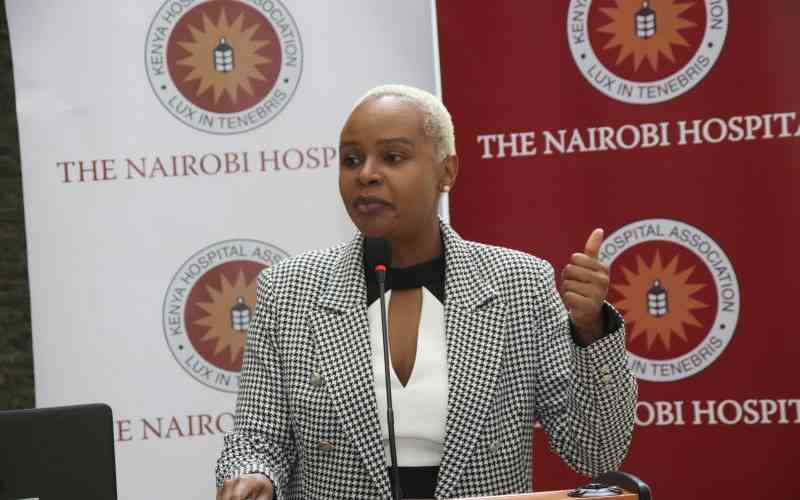In a shocking incident that has brought the dark underbelly of ritualistic practices into the spotlight, police in Webuye East have arrested Levis Simiyu, a self-proclaimed pastor, after human body parts were discovered in the boot of his car at a carwash in Bungoma’s Masikhu market.
The disturbing find has reignited concern about the use of human body parts in rituals and traditional practices, particularly in Africa.
This incident is not an isolated case. Throughout the last decade, over 600 attacks on individuals, particularly those with albinism, have been documented in at least 28 African nations.
“Setbacks or calamities, such as drought or illness, are signs that the natural and social order has been disturbed. One means of obtaining this extra portion of luck or restoring the natural order is through the use of strong muti. It is with this strong muti that muti murders are often associated. Muti made from human body parts is considered to be exceptionally powerful,”
Gérard Labuschagne, of the South African Police Service’s Investigative Psychology Unit.
These attacks often involve the hacking off of body parts, which are then sold to witch doctors and traditional healers. These body parts are used to create potions, amulets, or charms believed to bring good luck, wealth, or protection to the end user.
The Role of Witchcraft and Traditional Medicine
A report by UN independent expert, Ikponwosa Ero, identified witchcraft as a root cause of these attacks. Witchcraft, in this context, refers to negative occult or mystical forces, though it can sometimes have positive connotations of empowerment and cleansing. However, the use of body parts, especially those of people with albinism, is a relatively recent and particularly gruesome manifestation.
Children born with albinism can be perceived as curses on their families, leading to abandonment, exclusion, and even infanticide. Traditional medicine, which has been adapted over centuries, is sometimes difficult to distinguish from witchcraft practices, as both can involve the use of human body parts.
Ero’s report highlighted three types of perpetrators in this gruesome industry: those who hunt and kill the victims, those who use the body parts in rituals, and those who buy the resulting charms and potions. Prosecuting these crimes is challenging due to the secrecy surrounding witchcraft, the involvement of family members, and limited resources for law enforcement.
The Greater Concern
The use of human body parts is not confined to East Africa. In Swaziland, allegations have been made against a hospital for operating a black market in human organs used in magic spells. This practice, known locally as “muti,” involves grinding body parts with roots, herbs, and other ingredients to create powerful potions.
Belief in magic is widespread in Sub-Saharan Africa. A 2010 Gallup poll found that over half of the respondents believed in witchcraft and magic. In traditional beliefs, strong muti made from human body parts is considered exceptionally powerful, used to bring luck, restore order, or even provide supernatural protection.
“Setbacks or calamities, such as drought or illness, are signs that the natural and social order has been disturbed. One means of obtaining this extra portion of luck or restoring the natural order is through the use of strong muti. It is with this strong muti that muti murders are often associated. Muti made from human body parts is considered to be exceptionally powerful,” says Gérard Labuschagne, of the South African Police Service’s Investigative Psychology Unit, who has investigated dozens of muti murders.
Addressing these deeply rooted beliefs requires a concerted effort from governments, international organizations, and local communities. Only through a collaborative approach can the cycle of violence and exploitation be broken, ensuring the protection and dignity of all individuals, particularly those with albinism.
As the investigation into Simiyu’s case continues, it highlights the urgent need for global awareness and action against ritualistic killings and the trafficking of human body parts.

